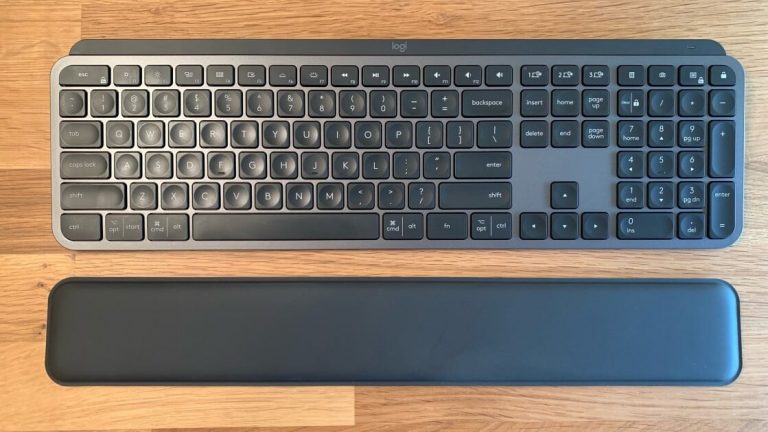Nest Learning Thermostat 4th Gen vs 3rd Gen: New design, display and AI explained

Google has given the Nest Learning Thermostat a massive update and, one might say, a long overdue revamp. Here’s how the new 4th generation unit compares to the 3rd generation model.
The Nest Learning Thermostat 4th generation was revealed by Google this week, with a big update that significantly evolves the design of its predecessor, includes a larger display, and has a big dose of Google’s AI prowess.
The Nest Learning Thermostat 3rd generation arrived all the way back in 2015, so it’s been almost a decade since Google gave the device some love. Although, in the meantime, the Nest Thermostat E in 2018 sits between these generations.
Here’s how the new version compares to the old.
Design
This is the biggest revision of the Nest Learning Thermostat’s design yet. Google says it’s the culmination of years of attention to detail. Most devices until now have had a perfectly circular design with consistent edges and a display that curves slightly away from the wall.
Now, to inform the new design, Google says its designers “studied the movement and structure of water by letting droplets fall onto steel plates and seeing how the liquid reacted, and watching how light reflected off the tiny pools of water.”
Very high brow.
The display edges now protrude from the base and the hardware gradually eases back towards the thinner base. There are also three new metal finishes: Polished Silver, Polished Obsidian and Polished Gold. Google says one of these will fit in with your taps, for instance, for a consistent aesthetic.
Display
Contrary to some online speculation, Google has not switched to a touchscreen on the new generation model. Users will still twist the outer rim to move between features and temperatures, and press the display in to make UI selections.
We didn’t think the display on the previous-generation Nest was small. However, Google has boosted the display size by a whopping 60 per cent compared to the previous generation.

The display is made more stark by the near-bezel-less design. The domed crystal LCD display is “housed behind multiple layers of mirror and colored films completely eliminating the appearance of bezels for a long-lasting aesthetic.” The stainless steel ring is has replaced the metal ring.
The rather static user interface is being replaced by a new Dynamic Farsight feature that offers customisation of the screen. Users will be able to see the current temp and set temp, the time (digital and analogue), the air quality, and more at a glance.
AI infusion and Matter support
First of all, there’s now Matter smart home support. The previous generation didn’t have that, which isn’t a surprise because Matter wasn’t even an idea in 2015.
In terms of AI help, the 4th generation product will now take the outdoor temperature into consideration and how it’ll affect the temperature indoors. It could have quite a profound effect on energy saving, because, as Google says: “If it’s a sunny winter day and your home gets warmer on its own, it will pause heating. Or, on a humid day, the indoor temperature may feel warmer than intended, so the thermostat will adjust accordingly.”


The AI will also make what Google calls “micro-adjustments” based on your usage, helping efficiency. If you come home earlier than usual, for example, Google will notice this and automatically adjust the temperature.
This is one less manual thing you’ll need to do to ensure your in-home temperature is where you want it, when you want it.
Bit of a price increase
The 4th Generation Nest Learning Thermostat costs $279.99, which is a $30 increase over the price of the 3rd gen model. However, Google has dropped that all the way down to $169 now. UK availability hasn’t been confirmed.
Source: www.trustedreviews.com






